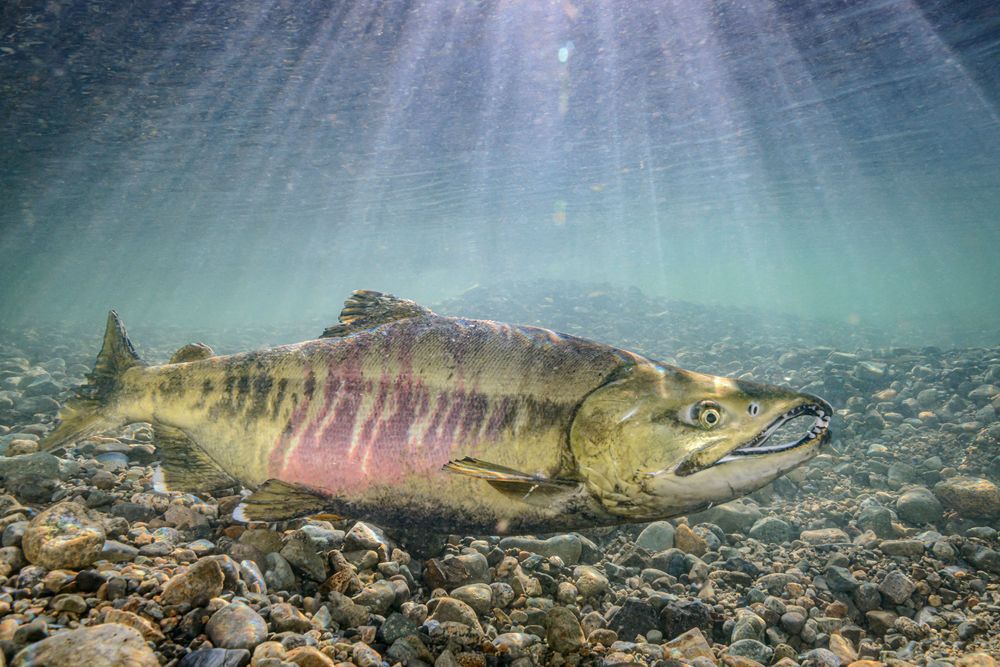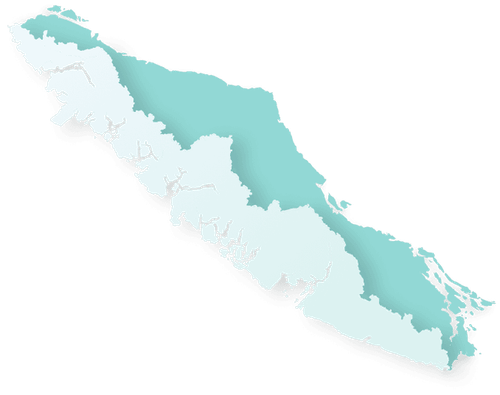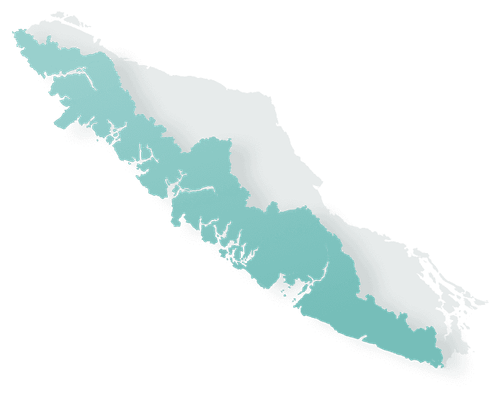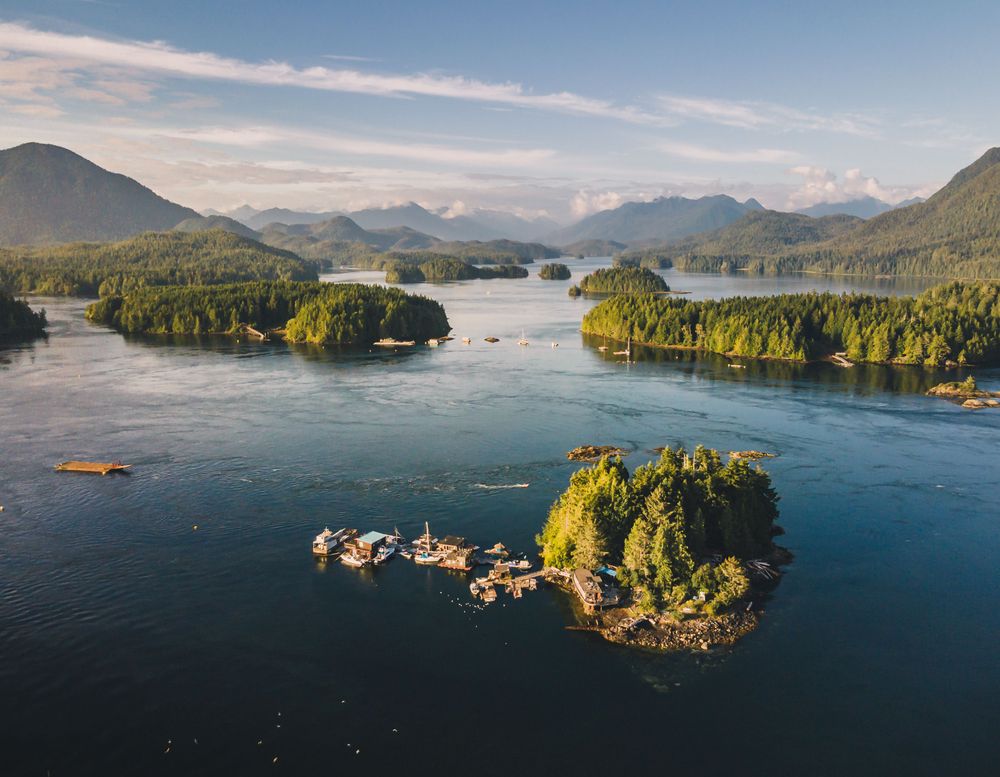West Vancouver Island
Chinook and sockeye spawners are above average, but chum and coho salmon are at multi-decade lows


State of Salmon - West Vancouver Island
Arrows indicate if the trend in abundance is increasing or decreasing.
A horizontal line indicates if the trend in abundance is stable.
A question mark indicates an unknown current state or trend due to a lack of readily accessible data.
An exclamation mark indicates critically low abundance.


SPECIES NOT PRESENT
SPECIES NOT PRESENT
SPECIES NOT PRESENT
SPECIES NOT PRESENT
SPECIES NOT PRESENT
SPECIES NOT PRESENT
SPECIES NOT PRESENT
SPECIES NOT PRESENT
SPECIES NOT PRESENT
SPECIES NOT PRESENT
SPECIES NOT PRESENT
SPECIES NOT PRESENT
How to Interpret this Graph

REGION PROFILE
West Vancouver Island
Conservation Units are irreplaceable groups of salmon that have unique genetic and life-history traits. Maintaining multiple Conservation Units within a region strengthens the resilience of the species as a whole and helps it withstand and adapt to changing conditions. The number of Conservation Units provides a good indication of the salmon biodiversity in the region.
Notable Salmon-Bearing Rivers








